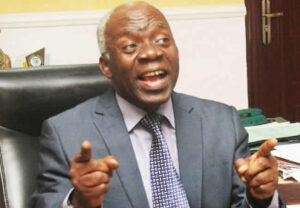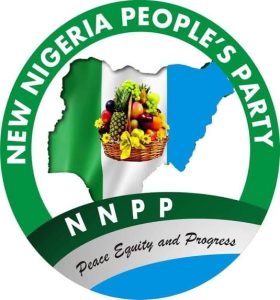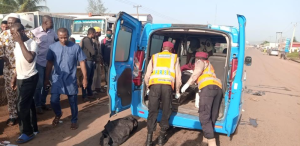August 23, 2024, marked a year since Nyesom Wike, the Minister of the Federal Capital Territory (FCT), pledged to end open grazing in Abuja.
“We will consult with the herdsmen to see how we will stop [open grazing] because we cannot allow cows inside the city,” Wike declared in August 2023. He later reaffirmed this commitment in March 2024 during a meeting with Belgian Ambassador to Nigeria, Daniel Bertrand.
However, 16 months after his initial declaration, the reality on the ground tells a different story. Despite repeated promises, cows continue to graze openly in the city, as documented through sightings in key locations.
In August 2024, a herd of cattle was seen roaming near the Defence Headquarters, obstructing traffic during working hours. A similar incident occurred in September 2024, when cows were spotted close to the Vice President’s newly constructed residence, opposite the gate of the Office of the Secretary to the Government of the Federation.
These incidents, among others, have fueled skepticism about the minister’s ability to enforce his directives.
Shefiu Adio, a taxi driver and Abuja resident, described the issue as deeply politicized. “The minister is gradually coming to terms with the ‘politics of cattle’ in Nigeria,” Adio remarked after cows blocked a road near the Defence Headquarters.
Adio explained that such orders are often perceived as targeting northern Nigerians, who dominate the cattle-rearing business. “In Rivers State, Wike’s orders would have been obeyed without question. But in Abuja, the capital where everyone is equal, such directives are seen as an attack against northerners,” he said.
Persistent Challenges
Cattle grazing continues in areas like Asokoro Extension, Guzape, and along Airport Road, where herders allow cows to feed on roadside grass. Residents have even nicknamed the cows “government children” due to their apparent immunity to laws.
The rapid urbanization of Abuja has further complicated the issue, displacing Fulani communities and encroaching on grazing land. Umar Ubandawaki, a cattle dealer at Deidei Market, pointed out the dilemma: “Many grazing areas have been replaced by estates. The minister must provide solutions beyond issuing threats.”
Broader Enforcement Issues
The situation with open grazing mirrors other challenges in Wike’s administration. For instance, his directive to remove beggars from the city has also seen limited success, as many have returned to their previous spots.
Some residents remain hopeful that the newly created Ministry of Livestock might provide a more structured approach to managing these issues. However, many believe that until the government addresses the root causes of displacement and urbanization, open grazing will remain a persistent challenge in the FCT.







